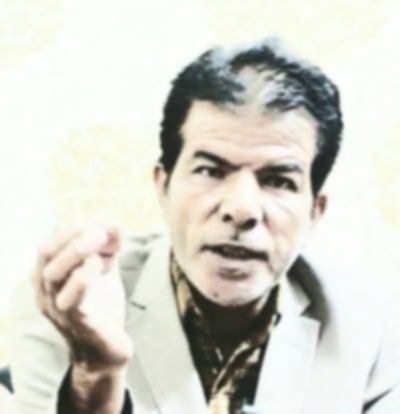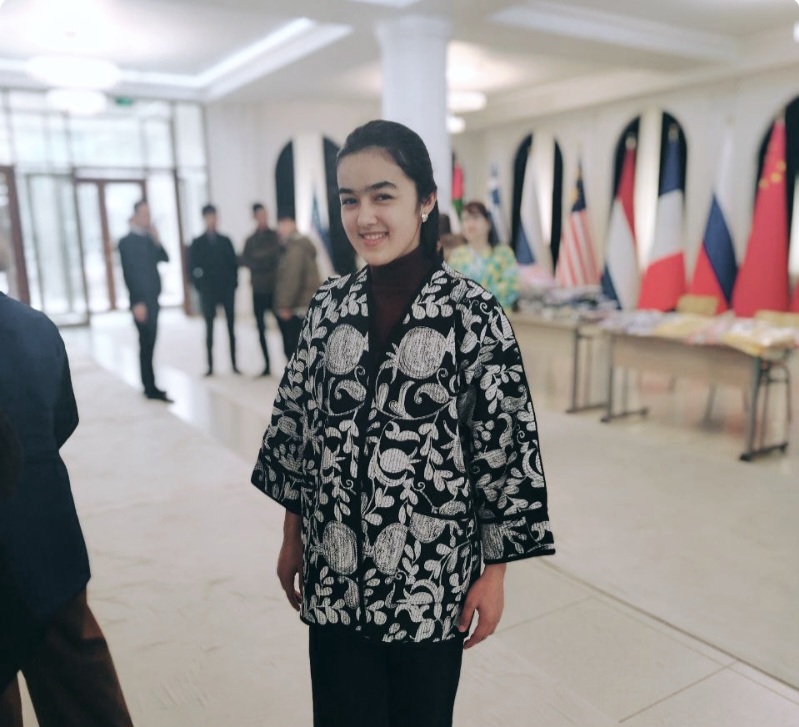
Intellectual Coma
At the epicenter of this moment, humanity is manifesting itself in its most glorious form, but not in the light of a blazing mind or in the purity of a transcendent spirit. Rather, it is in the shadow of a profound crisis that is shaking the foundations of its existence. We might think that all this intellectual noise ravaging the earth is merely a passing phenomenon, but what is happening is far more dangerous. We live in a cosmic epic, where the earth is burning within itself, the heavens are trembling, and everything, even silence, is witness to the madness of existence.
We live in a time when grand ideologies are disintegrating, and the illusions we have planted in minds over the centuries are shattered. We see every idea in conflict with the next in a vicious circle of confusion. Those human desires that once revolved around sublime human values are now nothing but lies propagated by power and greed. What have we done with the mind? Is it still the light that illuminated the paths of philosophers, or have we turned it into a mirage pursued by those racing toward the unknown? Do minds now mean anything, or have they been transformed into nothing more than gigantic machines that produce meaningless noise, revolving in closed circles without meaning? The End
We are drowning in a kingdom of intellectual coma, where wars are accelerating across the geography of consciousness, while souls are being sold in opportunistic markets, and man becomes a mere number in an equation he did not establish. Is it the march of sin, or does the earth reflect a mirror of our age, which is drowning in its depths, unable to comprehend this abyss towards which we are heading? Is it a wave surging from the depths of humanity, drowning everything in a sea of unfathomable madness?
And what about those gods we have created with our own hands? Do they truly reflect sublime values, or is what we consider faith merely an echo of the call of the absent crowds? The earth explodes in deep screams of death, and we stand on the edge of the abyss. Every time we try to catch our breath, we find ourselves captive to the fear that has taken root within us over the ages. Yes, it is the epic of evil spirits, but we are the ones writing its chapters with the ink of our blood.
Nothing at this moment seems stable or subject to rational explanation. Everything revolves in a vicious circle, as if the earth itself, with all its creatures and things, is shedding endless tears. It is a tragedy written by the hand of time, which knows neither mercy nor forgiveness.
In this cosmic turmoil, we are immersed in a state of astonishment at what is happening, not only because of the magnitude of the catastrophe, but also because we are unable to understand it, as if we are trying to unravel a complex puzzle while we live at its heart, unaware that it is time that is leading us, not the other way around.
Naaman Al-Gharib
Iraq












